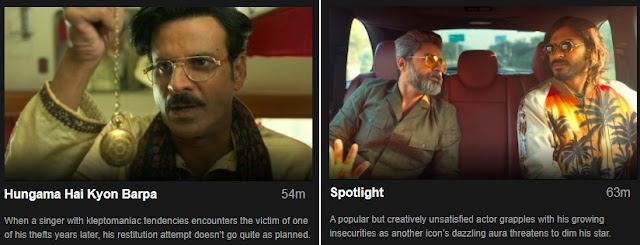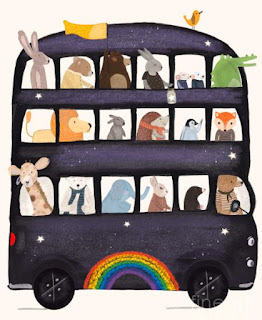I
came across a writeup and found it really interesting. I am sharing some
portions of it here in this blog post. At the end of the writeup, two web links
are given, to explore more from the author.
This
is just for reflections. I am sure you would find many of these relatable with
someone you know, or even with your life experiences.
***
You pay for the sins
of every guy that ** her up before you met her. Her father, her ex etc.
Because the trauma
from her suffering typically overshadows the wisdom from her experiences.
Women do not improve
with use. They deteriorate.
Deep down everybody
knows this.
This is why being
the first love of a woman of a good father is the best shot you'll ever have.
This is why
traditionally women were married off young as virgins.
Because women are
fragile, and as they accumulate experience they accumulate trauma that ruins
them for romance.
The feminine is not
built for stress. It is the masculine that is forged through the traumas of
suffering, not the feminine. Women who actively have to work on being feminine
aren't ascending to a higher stage, they're trying to get back something they
had but lost to suffering.
The feminine is in
its natural state, complete. The same cannot be said for the masculine. The
masculine undergoes a journey which requires the integration of the shadow and
the shedding and loss of innocence to truly self-actualise. Women attempting
the same journey will implode.
There is no man you
would truly consider a man who hasn't paid a trip to hell. Those are the fees
we pay. That's the cost of being man. A woman who went to hell is a shadow of
her former self because hell destroys femininity. Which is why it strengthens
men and destroys women.
Not every man
survives hell. The weak ones suicide, or become sociopathic - highly emotional,
unbalanced and destructive men who lash out at everything aggressively in the
same way your typical feminist woman does.
But men *CAN* make
the trip and be better for it.
Women cannot.
***
Men do "need to
get in touch with their softer side" but not until they've been to hell,
survived, made peace with it and come out the other end free of resentment and
bitterness, but fortified by their experiences into a man.
And its a good
woman's love that brings that out.
The reason for this
is simple. If you've been to hell, you became a monster to beat a monster, and
if you're not careful, that monster will possess you (sociopathy). Connecting
with your softer side is thus a counterbalance to the evil that lurks within
you and helps centre you.
***
Femininity is
fragile and easily snuffed out.
Warm eyes, a coy
stare, a gentle smile, a general cheeriness, a shy giggle, modesty, grace and a
pure heart - when's the last time you observed the captivating beauty of
healthy femininity?
That's what's hard
to cultivate & easily snuffed out. Their spiritual beauty is fragile.
And when they lose
their spiritual beauty, all that remains is their quasi impersonation of the
masculine, and the negative elements of the feminine.
And you know what
this looks like, because you've met plenty of feminists.
They are all
damaged, failed women.
It's very sad.
***
If you enjoyed this
thread, you can find more than 60 others freely available at http://threads.tellyoursonthis.com
If you want to
support my work and get something back in return, you can purchase my audiobook
at http://audiobook.tellyoursonthis.com
Thanks for reading!












































